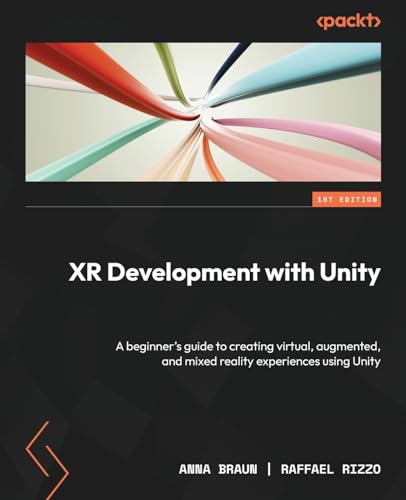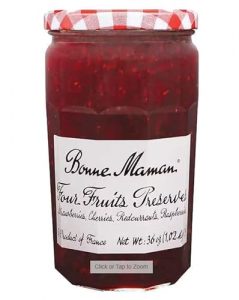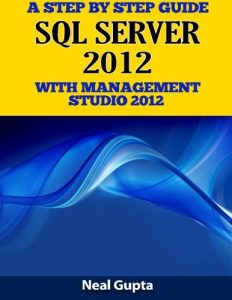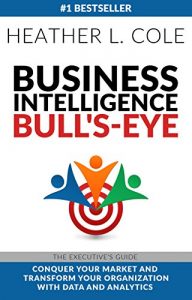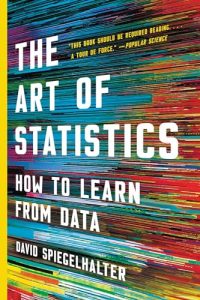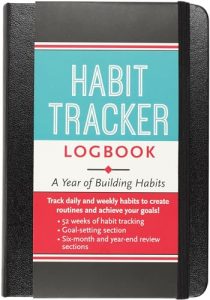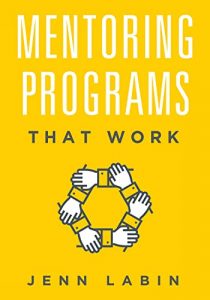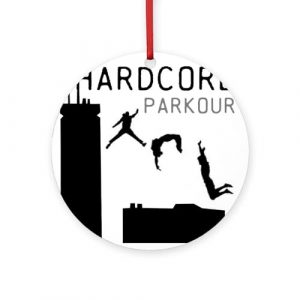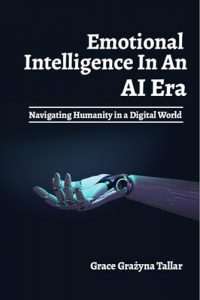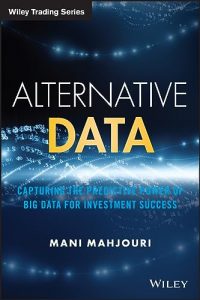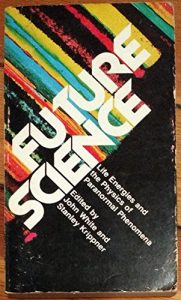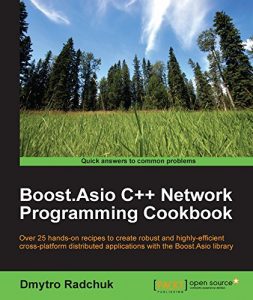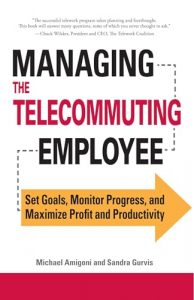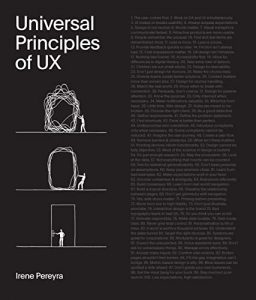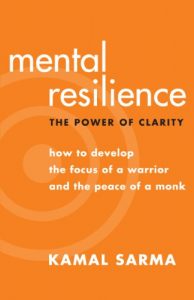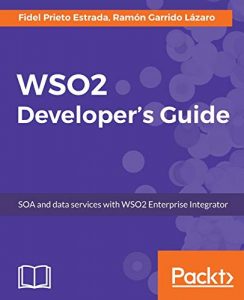1. XR Development with Unity: A Beginner’s Guide to Creating Virtual, Augmented, and Mixed Reality Experiences Using Unity
In an era where virtual and augmented reality are paving the way for groundbreaking innovations, “XR Development with Unity” stands out as an essential read for developers and tech enthusiasts alike. Authored by Anna Braun and Raffael Rizzo, this book dives deep into how to harness the power of Unity for creating immersive experiences. It provides detailed tutorials that guide readers through the complexities of XR development while maintaining accessibility for beginners. Whether you’re looking to create a gaming experience or a complex application, this book will equip you with the skills needed to thrive in the vibrant world of virtual reality.
2. The Metaverse: A Professional Guide
“The Metaverse: A Professional Guide” by Tom Ffiske is indispensable for anyone eager to understand the rapid evolution of virtual reality, augmented reality, and immersive technologies. With a price point of just $10.99, this book serves as both an introduction and a deep dive into the potential of the metaverse, detailing its implications for industries including gaming, education, and entertainment. Ffiske expertly empowers readers with insights on how to navigate and succeed in this expansive digital landscape, making it a must-read for professionals and enthusiasts alike.
3. VR, VR, What Do You See?: Exploring New Worlds
“VR, VR, What Do You See?” by Ryan Miller encourages the imaginative exploration of virtual reality through a child’s lens. Poised for release in May 2024, this engaging narrative is perfect for young readers who will appreciate the magical worlds created through imagination and technology. This book does not only serve as entertainment but also as an educational tool that allows children to understand and appreciate the possibilities that virtual reality presents. It’s an excellent journey into creativity that can inspire the next generation of innovators.
4. Therapeutic Virtual Reality: Mental Health Breakthroughs Using VR
Edmund Harper’s “Therapeutic Virtual Reality” explores groundbreaking advancements in mental health utilizing VR technology. This book discusses how therapists are embracing immersive experiences as a means to treat various mental health conditions, providing readers with real-world applications and case studies. As mental health is increasingly recognized as a priority, Harper’s work is pivotal in showcasing how these innovative technologies can provide therapeutic benefits, making it essential reading for mental health professionals and anyone interested in the intersection between technology and well-being.
5. Storytelling for Virtual Reality
“Storytelling for Virtual Reality” by John Bucher offers a unique perspective on crafting narratives designed specifically for immersive environments. This book is perfect for writers and developers alike, as it combines storytelling techniques with technological insights to help creators build engaging VR experiences. Bucher explores the significance of narrative in virtual reality and provides actionable advice, making it a valuable resource for anyone looking to elevate their storytelling in immersive tech. It’s a must-read for fastening the connection between VR and compelling narratives.
6. Virtual Reality with Python: Building VR Applications
In “Virtual Reality with Python,” Alex Coder provides a comprehensive guide for developing VR applications using Python. This book is ideal for developers ready to dive into the world of VR programming, with detailed instructions on using tools like PyOpenGL and Pygame. Combining a programming language known for its simplicity and versatility with the complex yet exciting realm of virtual reality, Coder enables readers to build impressive applications that leave a lasting impact. This book promises to be a crucial resource for aspiring VR developers.
7. Swift for Virtual Reality: Building Augmented Experiences
Published in October 2024, “Swift for Virtual Reality” by Oliver Snowden focuses on leveraging the Swift programming language for creating AR and VR applications. This book is geared towards beginners and provides fundamental cores alongside advanced techniques for app development and networking in the augmented reality space. Snowden’s instructional approach and practical insights are perfect for new coders wanting to embark on their journey into immersive technologies. With its user-friendly methods and scope, it ensures readers build a solid foundation in AR/VR programming.
8. Unity® Virtual Reality Development with VRTK4
“Unity® Virtual Reality Development with VRTK4” by Christopher Coutinho presents a no-coding approach to creating fully immersive VR experiences. This book is specially made for those who might feel daunted by programming yet are interested in exploring virtual reality. Coutinho walks readers through the creation of experiences, games, and applications without the need for extensive coding knowledge. This approach makes development accessible, ensuring that anyone, regardless of their technical background, can participate in the exciting field of VR.
9. Experience on Demand: What Virtual Reality Is, How It Works, and What It Can Do
Jeremy Bailenson’s “Experience on Demand” is a definitive examination of the mechanics and implications of virtual reality. Released in 2019, this book serves as an essential primer for anyone interested in understanding VR—what it is, how it operates, and its myriad applications across different sectors. Bailenson’s exploration is both engaging and informative, effectively elucidating the technology’s potential effects on society while encouraging thoughtful discussions about its future. A true must-read for anyone curious about virtual reality’s impact on the real world.
10. The 360° Video Handbook: A Step-by-Step Guide to Creating Video for Virtual Reality
Finalizing our list, “The 360° Video Handbook” by Michael Wohl is an essential guide for videographers diving into the world of virtual reality. This step-by-step manual provides methods and tools for producing stunning 360° videos that captivate audiences and enhances the VR experience. Suitable for creators at all levels, Wohl emphasizes practical advice, making this book perfect for filmmakers looking to innovate and elevate their content. A delightful read for everyone interested in storytelling through VR video formats.

